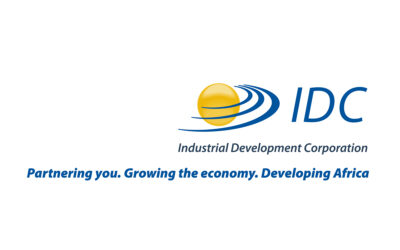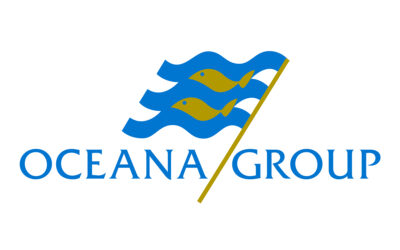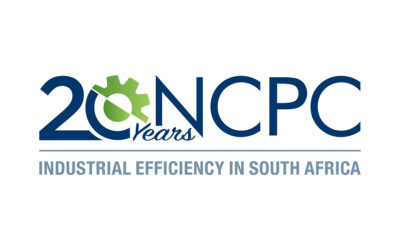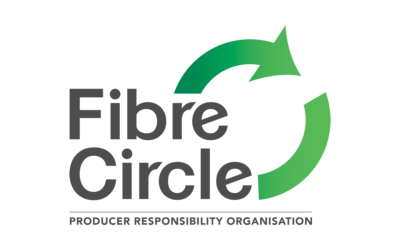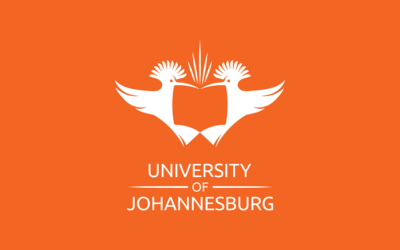Water pollution in South Africa is so rampant that it should be declared a state of national disaster, believes Dr Ferrial Adam, WaterCAN’s manager. Day Zero of no water in the taps is an impending reality facing many South African towns and cities, she warns.
Each of us must take some responsibility — stop littering, stop blocking stormwater drains with construction rubble. It is only by getting involved that we can hold the government accountable,” she says. Strong action must also be taken against industrial and municipal polluters that constantly release chemical waste and poorly treated sewage into our rivers, dams and oceans.
Adam has previously worked for Earthlife Africa and Greenpeace Africa, and chaired the board of the Organisation Undoing Tax Abuse (Outa). She’s now heading up WaterCAN, an Outa initiative created to build a network of citizen scientists, collate water data, and hold authorities to account through research, citizen science, advocacy and litigation.
She’s proud to be building this network of citizen science activists and encourages ordinary people to test the water quality in their taps, rivers and streams. “Learning the science empowers people to seek accountability from those responsible,” she says.
She points out how the Vaal River is extremely polluted by sewage from municipal wastewater treatment works. In Cape Town, practically untreated sewage is pumped into rivers and the ocean, while Nelson Mandela Bay metro has declared its drinking water unsafe.
The government will only act if citizens demand results, she believes, by helping to expose corruption and inefficiency, staging protests, and testing water to verify government data. The country also needs to tap into private sector skills and call on retired engineers, technicians and plumbers to volunteer and share their knowledge to turn dysfunctional municipal water and sanitation systems around.
It is only by getting involved that we can hold the government accountable







